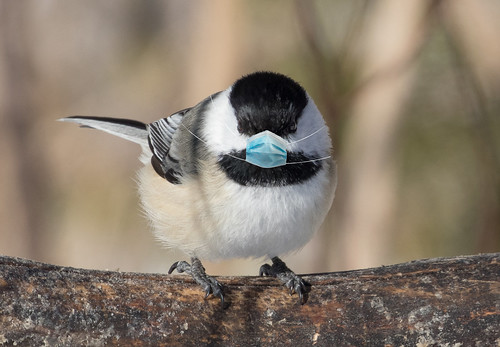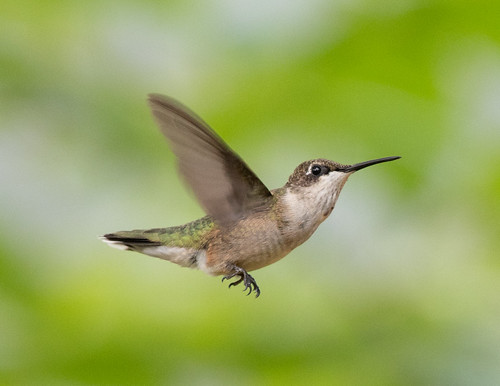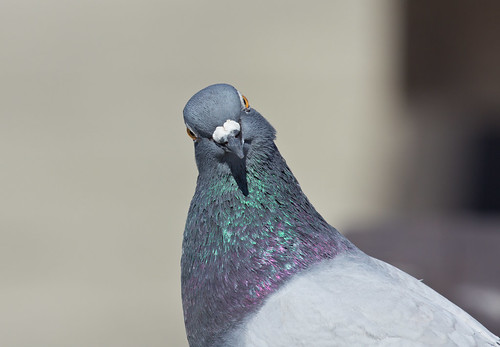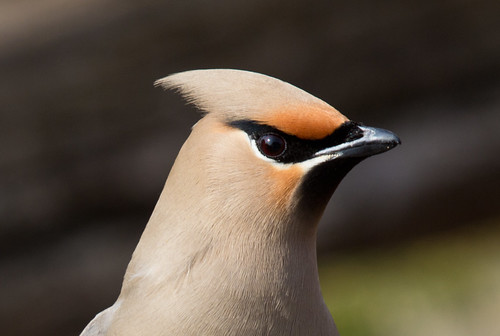I’m in the process of archiving old For the Birds programs and transcripts. (I'm up to 3,670 programs and counting!) Occasionally a transcript pops up that is worth reprising, like one from thirty years ago.
The summer of 1990 marked the end of an era for me. I'd spent a fair amount of the previous 38 years eating breakfasts, lunches, and dinners and then digesting them without much thinking about it. I'd never considered the possibility that I actually might have something called a gall bladder. I got through biology and physiology classes without taking it personally.
But that age of innocence came to a close when my own personal gall bladder mutinied. Its misbehavior was corrected by a grossly unpleasant routine medical technique mysteriously called a cholecystectomy instead of the more accurate name, "Surgical procedure from hell.” (The very day I came home from the hospital and was writhing in pain on the sofa, a newscaster announced that that very day, a woman had her gall bladder out here in Duluth via laparoscopy, was pain free, and even drove home herself after the procedure! I never did forgive the surgeon for not telling us about laparoscopy when we asked him about alternatives before surgery.)
But once I realized that I actually had a gall bladder somewhere inside me, and even more ominously that I was about to lose it, I naturally had to do some high level research into the important issue of whether or not birds have gall bladders, and what the heck a gall bladder is for in the first place.
It seems the gall bladder is a little sac that collects bile from the liver and delivers it as needed into the small intestine to aid in the breakdown of fat. Bile doesn't actually digest fat—it emulsifies it like a detergent acting on grease. When the gall bladder is removed, the bile made in the liver drips continuously into the small intestine. No wonder I tuned my physiology professor out. I might have paid more attention if someone had mentioned that a bad-tempered or cross person is called "bilious" because he acts as if there were something wrong with his bile. I doubt if a bilious person becomes sweeter natured after a masked stranger armed with a scalpel gets through slicing into him.
Like people, most birds have gall bladders. For their size, penguins have enormous ones. It makes sense when you think about it. A male emperor penguin pigs out on fatty fish during part of his annual cycle, and then spends months fasting as he incubates his egg and chick. Without a gall bladder, the bile manufactured during incubation would be wasted, and there would be a shortage of bile when the penguin really needed it.
Hummingbirds, which eat nectar and small insects, don't digest much fat, and do their best never to go hungry. As you might guess, hummers have no need for a gall bladder.
Pigeons don't have one either. Pigeons do tend to glut out every morning and night, with just one or two other feasts during the day, fasting in between, but they're actually digesting food pretty much continuously. Their large meals are stored in a large offshoot of the esophagus called the crop, to be released into the stomach a little at a time.
The Bohemian Waxwing, which eats fruits and insects, also lacks a gall bladder, though its close relative the Cedar Waxwing apparently has one.
Ostriches and parakeets live out their lives without a gall bladder. And for some reason I haven't been able to figure out, Peregrine Falcons are also missing one.
In a few species of mergansers, cuckoos, and cranes, some individuals have a gall bladder and some don't. Probably this is due to natural anatomical variation, but I prefer to think that the ones without a gall bladder are survivors of an encounter with a tiny scalpel-wielding surgeon—maybe Dr. Killdeer himself.






